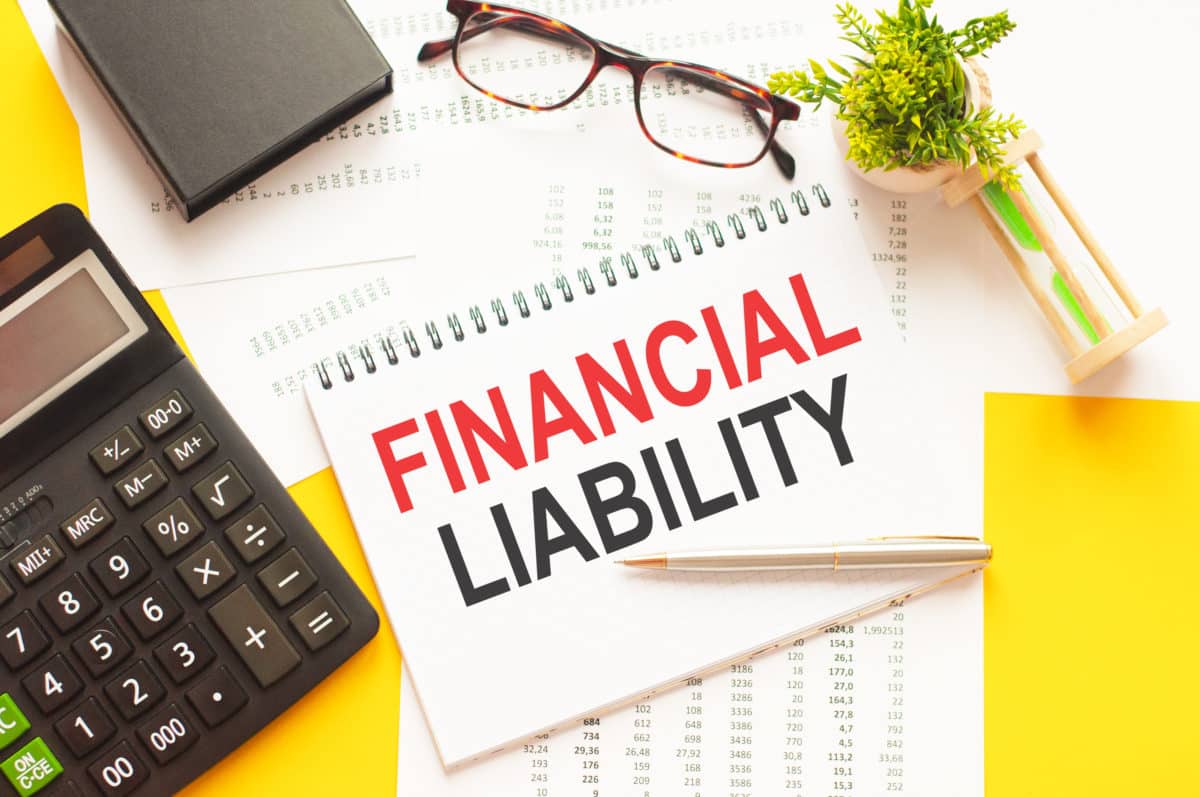The fiduciary is responsible for notifying the IRS that she has assumed this role which includes responsibility for filing he decedent’s tax return: “Form 56 should be filed by a fiduciary … to notify the IRS of the creation or termination of a fiduciary relationship under section 6903.” IRS Form 56 instructions. This notice insures that IRS correspondence goes to the fiduciary and no important deadlines are missed.
While the executor is generally only liable in a representative capacity, i.e., the tax liability will be only asserted against the estate and not the executor personally, there are circumstances where the executor may be personally liable, for example, when other debts are erroneously paid first and not enough is left over to pay taxes: 31 U.S. Code § 3713. Priority of Government claims.
However, there is an implied exemption for prior secured debts and such items as funeral costs, administrative expenses, and family allowances.


